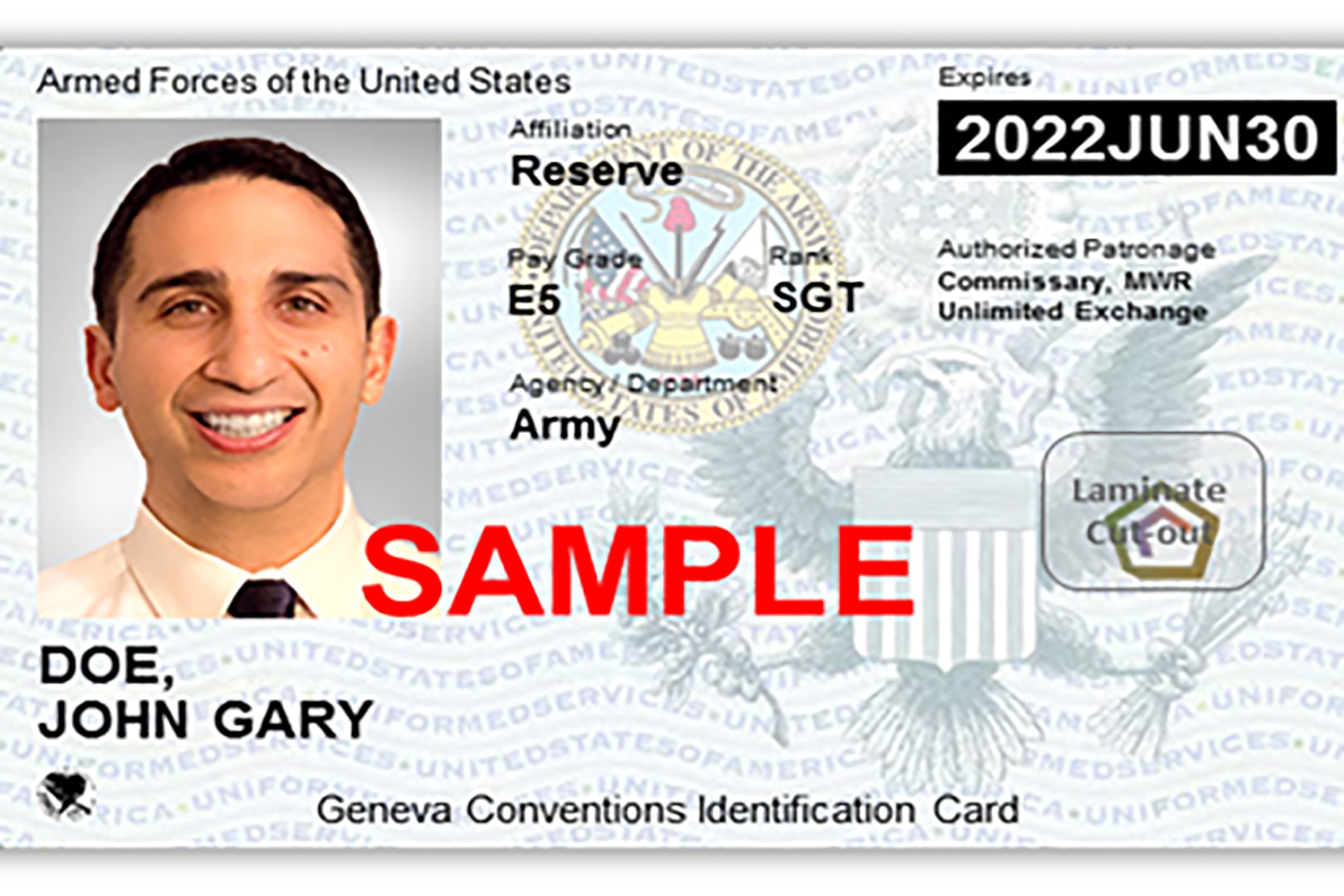Retired military travel offers a unique perspective on exploration, blending disciplined planning with a thirst for adventure. These seasoned travelers, often possessing a strong sense of purpose and resourcefulness honed through years of service, approach their journeys with a distinct mindset. Their travel choices reflect a balance between relaxation, historical exploration, and the pursuit of new experiences, often shaped by their military backgrounds and the camaraderie they share with fellow veterans.
This exploration delves into the unique aspects of their travel preferences, financial considerations, and the resources available to them.
From meticulously planned itineraries to spontaneous adventures, retired military personnel bring a wealth of experience and adaptability to their travels. This article examines popular destinations, tailored travel resources, logistical considerations, health and safety aspects, and showcases inspiring travel narratives from retired military individuals. The unique challenges and rewards of post-service travel are highlighted, offering valuable insights for anyone planning their own journey, particularly those with a military background.
Understanding the Retired Military Traveler
The profile of the retired military traveler is multifaceted, encompassing a diverse range of individuals united by shared experiences and a unique perspective shaped by their service. Understanding their motivations and travel styles is crucial for businesses catering to this demographic.Retired military personnel often approach travel with a sense of purpose and discipline honed during their years of service.
This translates into meticulous planning, a preference for structured itineraries, and a high value placed on safety and security.
The Typical Profile of a Retired Military Traveler
Retired military individuals interested in travel typically fall within a broad age range, often starting in their late 40s and extending well into their 80s and beyond. They represent a diverse spectrum of backgrounds, including various ranks and military occupational specialties (MOS). Many possess strong organizational skills, a penchant for adventure, and a deep appreciation for history and culture, often stemming from their global deployments.
A significant portion also exhibits a strong desire to reconnect with comrades and participate in veteran-specific travel events. This group frequently prioritizes value for money and efficient use of their time, reflecting their disciplined approach to resource management learned during their service.
Motivations and Priorities Driving Travel Choices
The motivations behind travel for retired military individuals are diverse but often center around several key themes. Many seek opportunities for relaxation and rejuvenation after years of demanding service. Others are driven by a desire to explore new cultures and broaden their horizons, a natural extension of their experiences in international settings. Visiting historical sites and battlefields is also a common motivator, allowing for reflection on their service and a deeper understanding of global conflicts.
In this topic, you find that kirkwood by the river is very useful.
Furthermore, reconnecting with fellow veterans through organized group travel or reunions forms a significant aspect of travel plans for many. Finally, the desire to experience new adventures, from hiking challenging trails to participating in extreme sports, is frequently observed among this demographic.
Comparison with Other Demographics
Compared to other demographics, retired military travelers often exhibit a higher degree of preparedness and adaptability. Their experience with structured environments and logistical challenges translates into a more organized and flexible approach to travel. They are often less prone to impulsive decisions and more likely to research destinations thoroughly, prioritizing safety and security. Unlike some leisure travelers, they frequently value practicality and efficiency over luxury, though a growing segment enjoys upscale travel experiences as well.
Their focus on value for money also sets them apart, often seeking discounts and deals specifically catered to veterans.
Financial Considerations and Resources
Retired military travelers often benefit from unique financial resources, including military retirement pensions and veterans’ benefits. These provide a stable financial base for travel, although the specific amounts vary significantly depending on rank, years of service, and other factors. Furthermore, numerous organizations offer discounts and travel packages specifically designed for veterans, acknowledging their contributions and providing opportunities for affordable travel.
These resources, coupled with the inherent frugality often developed during service, allow many retired military personnel to enjoy extensive travel opportunities despite potential budgetary constraints. Organizations like the American Legion and Veterans of Foreign Wars frequently offer travel-related benefits and support networks.
Travel Resources and Services for Retired Military: Retired Military Travel

Navigating the world after a lifetime of service requires specialized knowledge and often, unique considerations. Retired military personnel often benefit from access to dedicated travel resources and services designed to streamline the booking process and provide significant cost savings. Understanding these resources is key to planning fulfilling and affordable post-service adventures.
Specialized Military Travel Agencies
Several travel agencies specialize in catering to the needs of retired military personnel. These agencies understand the unique travel patterns and preferences of this demographic, offering tailored services and exclusive discounts. For example, some agencies offer assistance with booking flights and accommodations that accommodate mobility issues, a common concern for veterans. Others focus on group travel, facilitating camaraderie among retired military members.
These agencies often have dedicated customer service representatives familiar with military benefits and regulations, ensuring a smoother booking experience. Examples include companies that partner with military organizations to offer exclusive deals and package tours designed around the interests of veterans. These packages might include historical site visits, outdoor adventures, or cruises.
Discounts, Benefits, and Programs for Retired Military Travelers
Retired military personnel are frequently eligible for a range of discounts and benefits when booking travel. These can include reduced fares on airlines, discounted hotel rates, and access to exclusive travel packages. Many organizations, including veterans’ groups and travel agencies, offer dedicated programs designed to honor military service through travel perks. These programs often involve partnerships with various travel providers to offer exclusive discounts, such as a percentage off the base price of flights or accommodations, or bundled deals with added value such as complimentary upgrades or airport lounge access.
Some airlines offer dedicated military fares, while hotels might provide discounted rates or complimentary amenities. It is important to verify eligibility and terms and conditions with each provider before booking.
Comparing Specialized Military Travel Services and Independent Booking
Choosing between using a specialized military travel service and booking independently involves weighing several factors. Specialized services offer convenience, expertise in military benefits, and often, better deals due to their partnerships with travel providers. However, they may lack the flexibility of independent booking, where travelers can customize their itineraries more extensively. Independent booking provides greater control over every aspect of the trip, but requires more research and time to secure the best deals and navigate potential complexities.
The optimal choice depends on individual preferences, travel style, and the complexity of the planned trip. For simpler trips, independent booking may suffice. For more complex or group travel, a specialized agency can offer significant advantages.
Brochure Outlining Available Resources and Services
A brochure designed to inform retired military travelers about available resources and services could include the following sections: A welcome message highlighting the value of travel for veterans and the availability of support; a list of specialized military travel agencies with contact information and brief descriptions of their services; a detailed section on available discounts, benefits, and programs, with links to relevant websites and eligibility requirements; a comparison table outlining the advantages and disadvantages of using specialized services versus independent booking; a section dedicated to travel tips and resources specific to the needs of retired military personnel, such as accessibility information or travel insurance options; and finally, contact information for veterans’ organizations that can provide further assistance with travel planning.
This brochure would be a valuable resource, consolidating crucial information and empowering veterans to plan their well-deserved trips with confidence.
Health and Safety Considerations for Retired Military Travelers
Travel, a cherished reward for years of service, presents unique health and safety challenges for retired military personnel. Pre-existing conditions, potential exposure to new environments, and the rigors of travel itself can all impact well-being. Understanding and mitigating these risks is crucial for ensuring a safe and enjoyable experience.
Potential Health Concerns and Safety Risks
Retired military individuals often face higher risks of certain health issues compared to the general population, including cardiovascular disease, musculoskeletal problems, and mental health concerns like PTSD. Travel can exacerbate these conditions. For example, long flights can increase the risk of deep vein thrombosis (DVT) in individuals prone to blood clots. Changes in climate and exposure to unfamiliar pathogens can trigger respiratory illnesses or other infections.
Furthermore, navigating unfamiliar environments can present safety risks, especially for those with mobility limitations or cognitive impairments. The incidence of scams targeting tourists, including veterans, also poses a significant threat.
The Importance of Travel Insurance and Medical Preparedness
Comprehensive travel insurance is paramount. It should cover emergency medical evacuation, hospitalization, repatriation of remains, and lost or stolen belongings. Prior to departure, a thorough review of existing medical conditions and necessary medications is essential. Pack a sufficient supply of prescription drugs, keeping them in their original containers and easily accessible. Consult your physician for advice on necessary vaccinations and recommended preventative measures for the specific destinations.
Carrying a detailed medical history, including allergies and emergency contacts, is also vital. For those with chronic conditions, a letter from their doctor outlining their medical needs and medications can be invaluable in case of emergencies.
Strategies for Maintaining Physical and Mental Well-being During Travel
Maintaining physical and mental health while traveling requires proactive planning. For example, individuals with cardiovascular issues should avoid strenuous activities, especially in extreme heat or altitude. Regular exercise, even light stretches or walks, can help prevent stiffness and blood clots, particularly during long periods of inactivity. Staying hydrated is crucial in preventing dehydration and other health problems.
Mindfulness techniques, such as meditation or deep breathing exercises, can help manage stress and anxiety associated with travel. Staying connected with family and friends back home can also provide crucial emotional support.
Managing Common Travel-Related Health Issues, Retired military travel
A well-stocked travel first-aid kit is essential. This should include common medications like pain relievers, anti-diarrheal medication, antiseptic wipes, bandages, and motion sickness remedies. Knowing where to access medical care in your destination is also critical. Research local hospitals and clinics beforehand, and note down their contact information. Understanding local emergency services numbers is also crucial.
For mental health concerns, accessing telehealth services or pre-arranging appointments with mental health professionals in the destination can be beneficial. Remember that many countries have reciprocal healthcare agreements with the United States, but understanding the specifics of these agreements is crucial before relying on them.
Ultimately, retired military travel is a testament to the resilience, adaptability, and unwavering spirit of those who have served their country. Their journeys are not just vacations; they are explorations fueled by a desire to discover new horizons, connect with fellow veterans, and continue to experience the world with the same dedication and purpose that defined their military careers. Whether it’s a historical pilgrimage, a nature retreat, or an adventurous expedition, their travels reflect a life lived with intention and a commitment to making the most of their well-deserved retirement.



:max_bytes(150000):strip_icc()/senior-group-dining-europe-SENIORGROUPS0321-872276396ec04134a21153aeed044ada.jpg)
